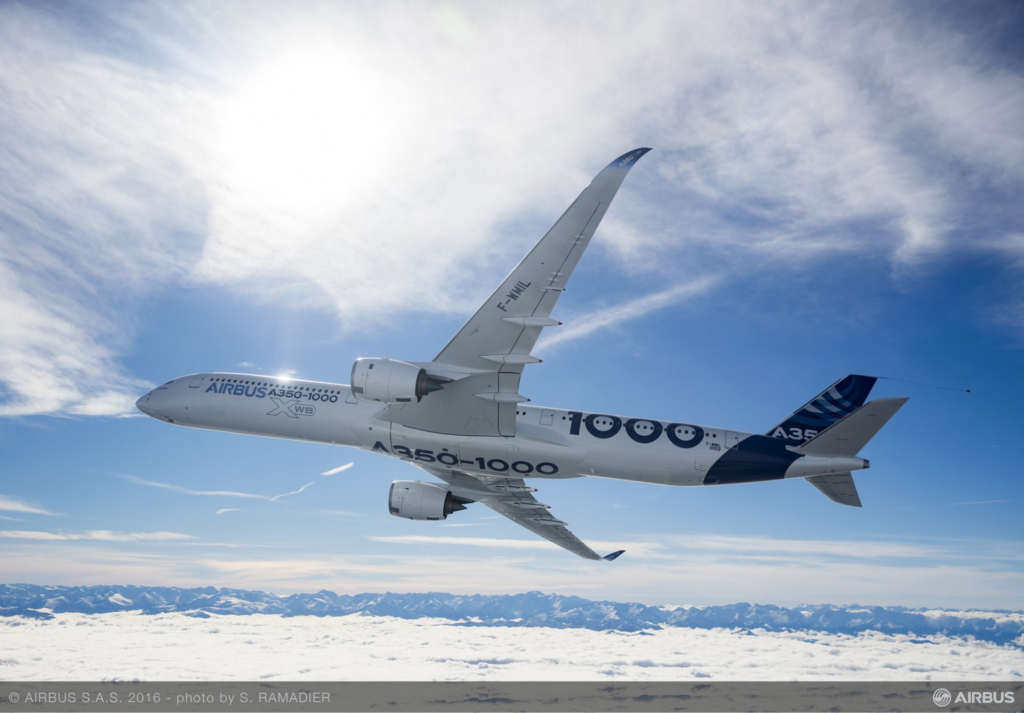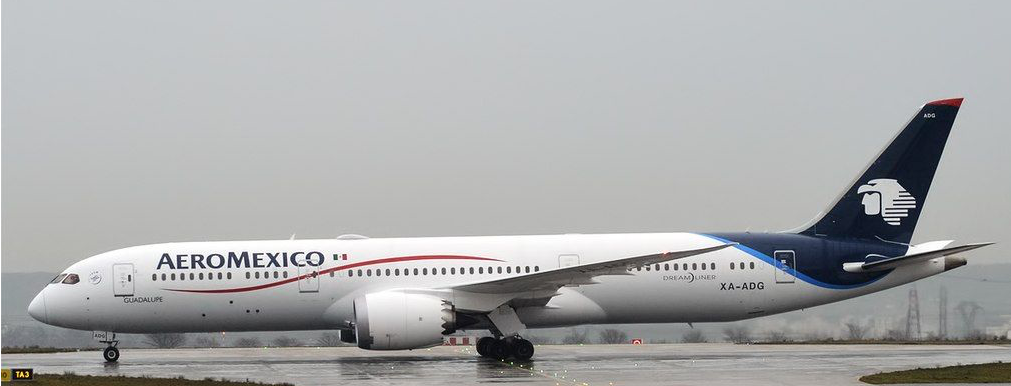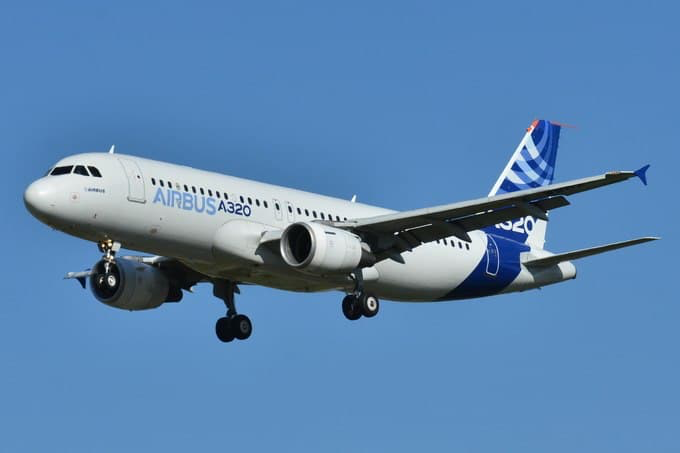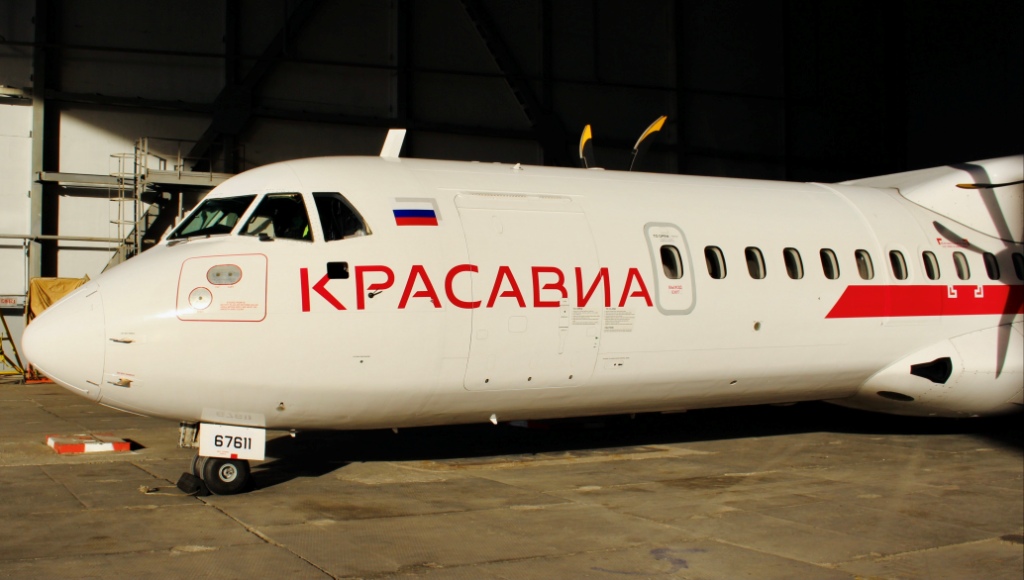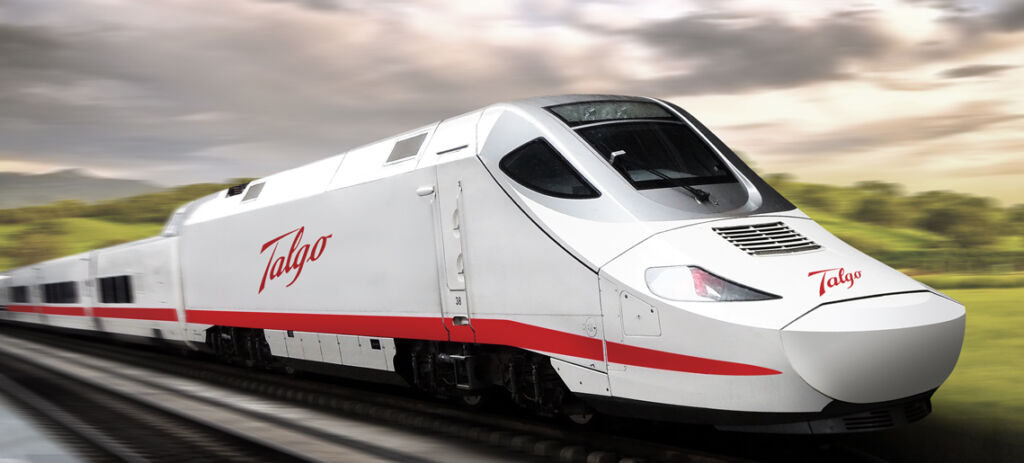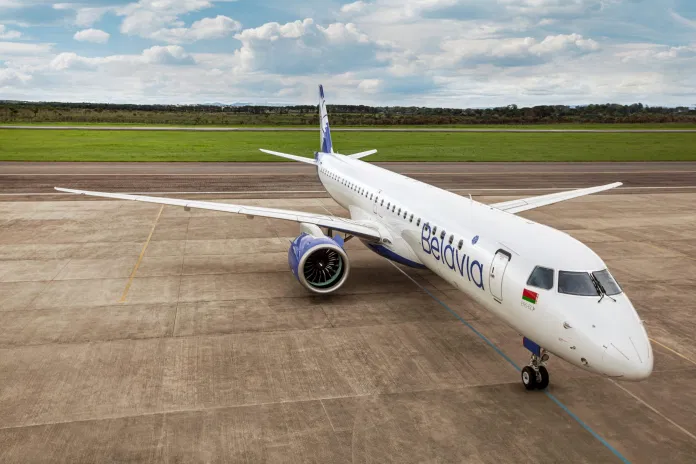Airbus to Show A350-1000 for First Time in Russia at MAKS 2021 Aerospace Show
Airbus will demonstrate its latest technological innovations and projects implemented in Russia at the International Aerospace Show which takes place in Zhukovsky from 20th to 25th July. Key attractions will be the last-generation widebody A350-1000,…
